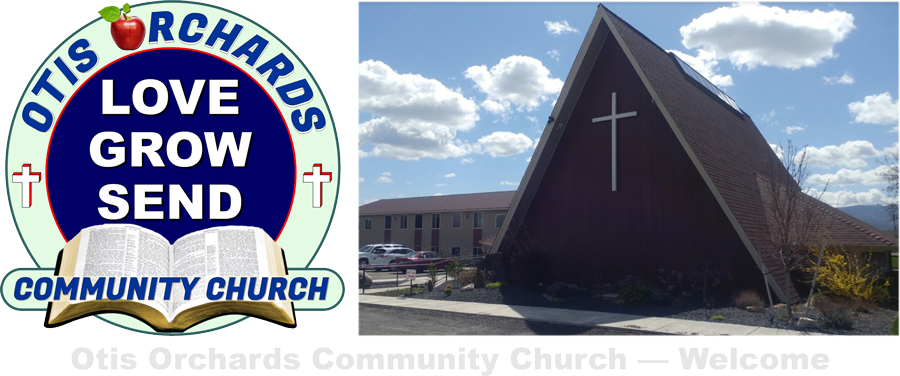
 |
|||||||
| RESOURCES — SHORT ARTICLES | |||||||
|
|
|||||||
 |
 |
 |
 |
 |
 |
| SHORT ARTICLES BY TOM ELSEROAD | |||||
| 2021-01-13 | What Does “In The Beginning Was The Word” Mean? (Jn.1:1) | ||||
|
Joh 1:1 In the beginning was the Word, and
the Word was with God, and the Word was God. Joh 1:2 He was in the beginning with God. Joh 1:3 All things were made through Him, and without Him nothing was made that was made. The book of John opens much like the book of Genesis talking about “beginnings.” Both open with “In the beginning”. John is connecting the “Word” with the God of Israel, the Creator of all things (v.3). “The Word” is the sole means by which reality finds its existence. He is the Creator of all things, and without Him no created thing would exist. So before anything was created, the “Word” existed. In the beginning does not mean the beginning of eternity, because eternity by its very nature has no beginning. “Beginning” precedes the world which is implied in Jesus' priestly prayer to the Father (Jn.17:5). Joh 17:5 And now, O Father, glorify Me together with Yourself, with the glory which I had with You before the world was. Because the Word did not have a beginning, John summarizes how the Word came into the sphere of time. Jesus as the Word (Jn.1:14) was not only God, but also the expression of God to mankind. John chose this term to assert that God's Word is both a person and a message. The “Word” is mentioned four times in John chapter 1. • Describes the eternality of “the Word” (1:1a) • Describes the distinction of “the Word” from God (1:1b) • Describes the identity of “the Word” as God (1:1c) • Identifies the person described by the phrase “the Word” (1:14) Jesus Christ is “the Word” that was in the beginning. Notice three times the word “was” is used (v.1). This is an imperfect tense which focuses on continual existence in past time, and not coming into existence. This title, “the Word” (logos) is used exclusively by the Apostle John. The Word was not called “Jesus” before He became a man. He was called the “Son” (Ps.2:7, 12). The NT asserts the paradox that Jesus is separate from the Father, but also that He is one with the Father. He is not the same as God the Father, but He is the very same divine essence as the Father. It is not enough to say that the Son is (1) “a god”; (2) is godlike; or (3) that He is divine. No, He is God! He has always been so (Cl.1:16). The statement “In the beginning was the Word” encapsulates the eternality of the Word, the creating power of the Word, and the revelatory nature of the Word. So (1) He is God; (2) He created all things; and (3) He is the message of God to man. Php 2:9 Therefore God also has highly exalted Him and given Him the name which is above every name, Php 2:10 that at the name of Jesus every knee should bow, of those in heaven, and of those on earth, and of those under the earth, Php 2:11 and that every tongue should confess that Jesus Christ is Lord, to the glory of God the Father. People can choose now to commit their lives to Jesus as Lord or be forced to acknowledge him as Lord at the judgment. But then, it will be too late. Pastor Tom Elseroad |
|||||
| An Independent and Evangelical Church |
 |
23304 E Wellesley
Ave. Otis Orchards, WA 99027 Church Office: 509.926.9552 tomelseroad@gmail.com |